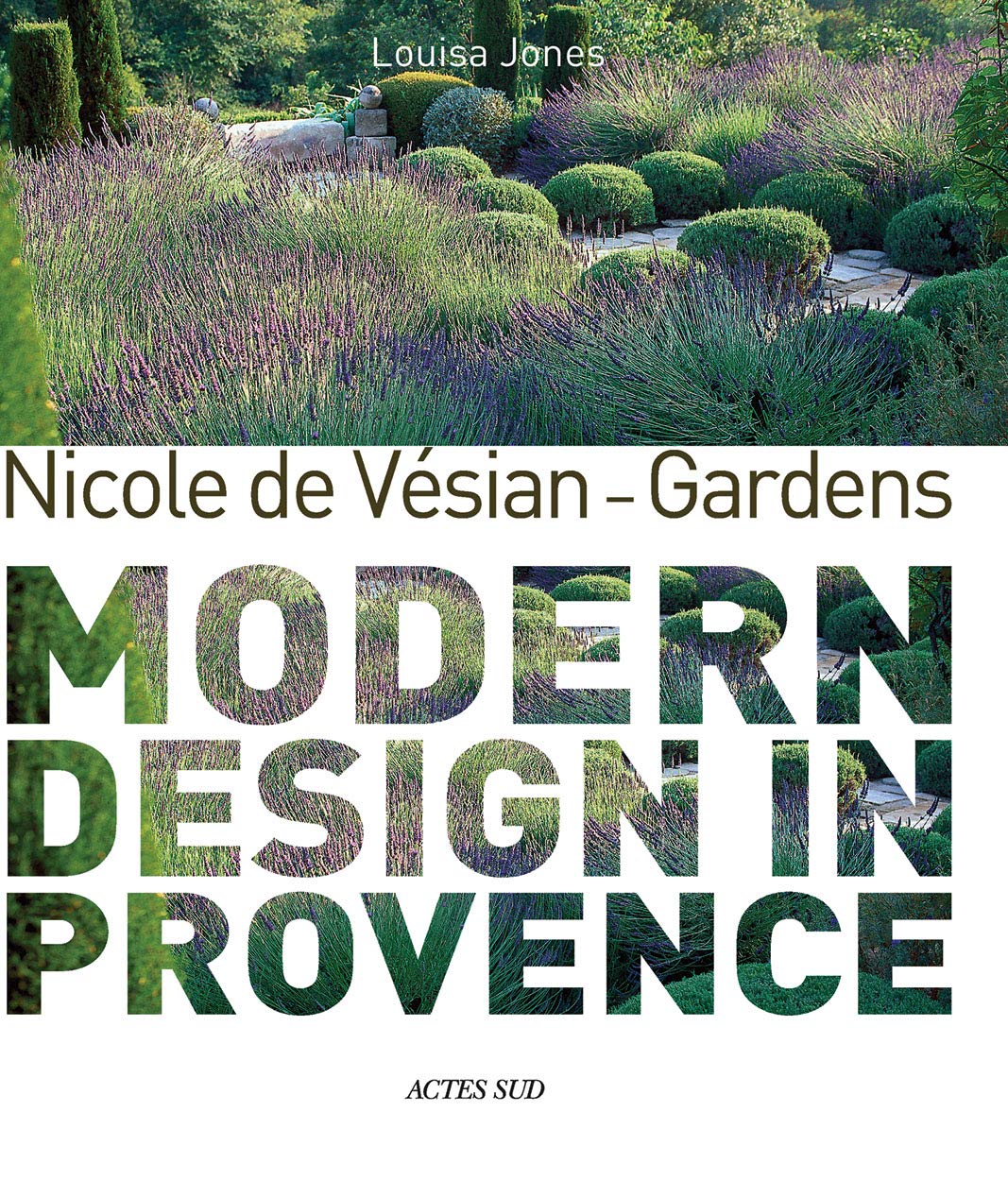
After a career as a designer working for the great design houses, especially Hermes, Nicole de Vesian (1916-1996) moved to Provence and created her first garden.
Her close friend, Louisa Jones, shares her own thoughts on the work of this atypical creator, accompanied by accounts from her friends and pupils: Christian Lacroix, the nursery owner Jean-Marie Rey, the landscape artists Arnaud Maurieres, Eric Ossart and Marc Nucera, as well as the garden historians Roy Strong and John Brookes..
Nicole de Vesian advises us to ‘learn to listen to the soil.’ Her plant sculptures are always somehow a reference to the wild hills of the surrounding countryside, reflecting an age-old Mediterranean landscape mindset, with a distinctly modern twist.
The work is also a tribute to Nicole de Vesian and her life.
Today, few Gardens have been imitated as readily as those of Nicole de Vesian, because, writes Louisa Jones, ‘she has a feeling for space like musicians have a feeling for music.’ Her finest work was La Louve, her own garden in Bonnieux, a hilltop village in the Luberon area of Provence.
On the narrow terraces around her Bonnieux home, Nicole de Vesian created her own very personal garden in a minimal but far from austere style, composed mainly of heath-land plants (varieties of thyme, lavender, rosemary, rockrose and box tree), in which she pruned all her plants to cushion shapes of varying, yet superbly proportioned sizes.
Her green and grey tapestry-Gardens soon inspired gardeners and landscapers around the world.
After a career as a designer working for the great design houses, especially Hermes, Nicole de Vesian (1916-1996) moved to Provence and created her first garden
